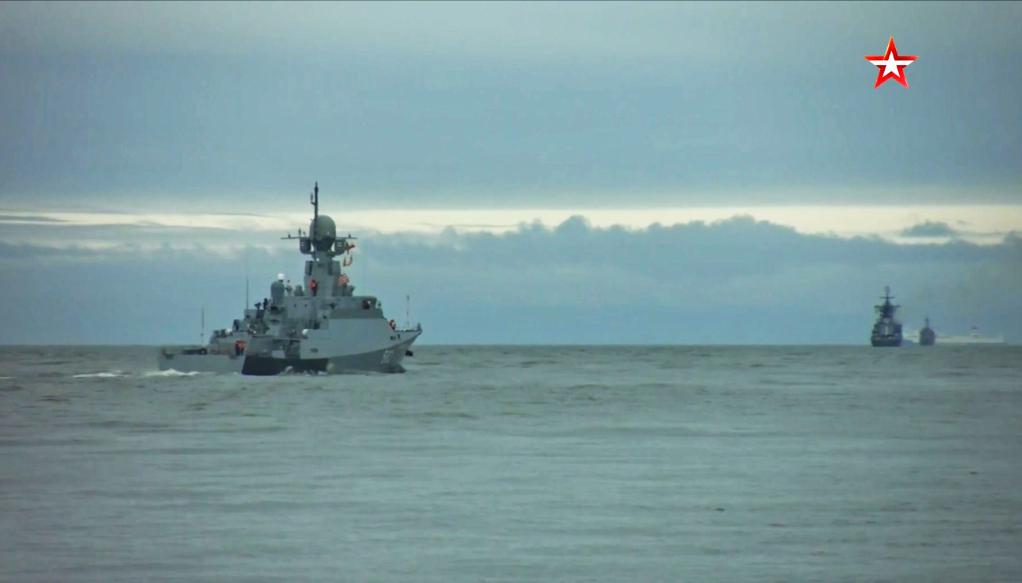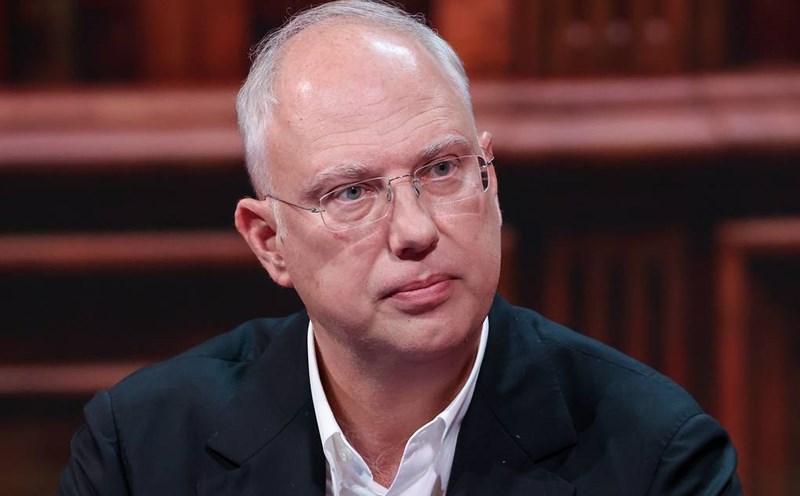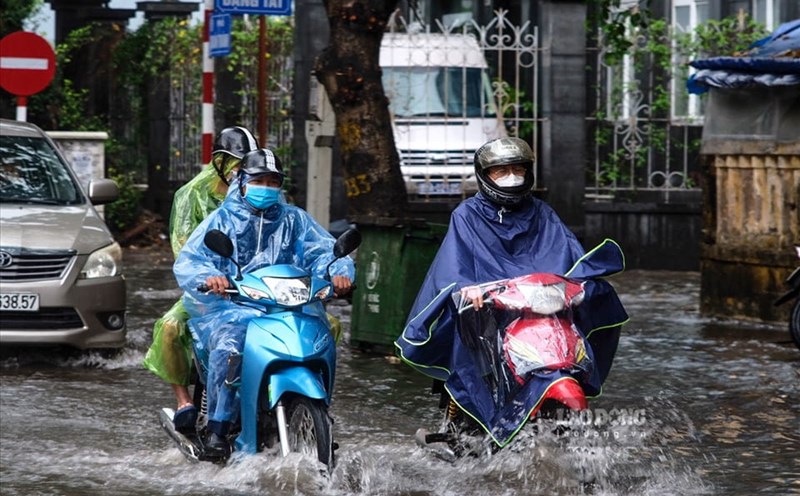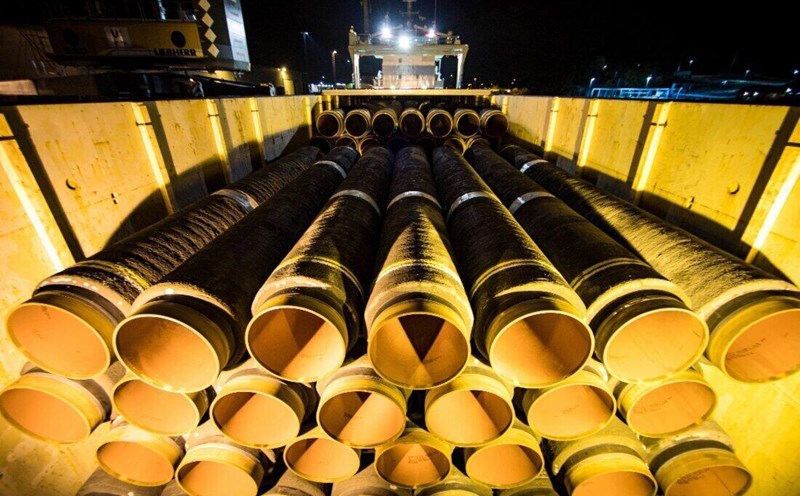A ghost from the past is quietly rising to the bottom of the Baltic Sea: Millions of tons of chemical weapons during World War II are rotten, leaking toxic substances and are at risk of triggering an unprecedented environmental crisis if handled incorrectly.
After years of warnings from scientists, the German government has begun a project to clean up this sunken arms depot without coordination with Russia - which directly participated in burying the weapons after the war. That has prompted many experts to warn that a unilateral cleanup could have catastrophic consequences.
According to estimates, more than 1.6 million tons of weapons - many of which contain toxic gases such as muscate, sarin, lewisite - are scattered on the bottoms of the Baltic and North Sea, mainly around Bornholm Island and coastal areas of Latvia. The leaked bullets are still occasionally caught in fishing nets, raising concerns about the risk of toxic leakage.
We are sitting on a real ecological bomb, said Professor Vladimir Pinaev (RUDN University, Russia). "When the steel shell is unable to protect, no one is sure how the poison will spread, how far it will spread and how it will affect the marine ecological chain."
From algae, fish, seabirds to reef creatures, everything can be poisoned. And finally, humans - the last link in the food chain - will inevitably suffer.
New studies from the GEOMAR Research Center (Germany) have recorded nearly 3,000kg of soluble chemicals in the southwestern Baltic Sea, especially around the bays of Kiel and Lübeck. Although it has not yet exceeded the danger threshold, this trend is increasing due to climate change, causing the coating of weapons to erode faster and toxins to spread further.
The German test project began in 2023 in the Lübeck Bay, using mechanical technology to salvage unmanned warheads. Although the initial results are positive, scientists are still concerned because just one mistake can cause the poison to diffuse uncontrollably.
Before recalling any weapons, it is necessary to assess the impact on fish, marine life and maritime activities, Mr. Pinaev warned, and called on the Organization for the Prohibition of Chemical Weapons (OPCW) to participate in the monitoring.

For Russia, concerns are not just about the environment. The Russian Foreign Ministry warned that carrying out the project without Russia - one of the parties that directly handled weapons in the post-war period - is a unilateral act that could "activate regional instability".
Traditional channels of cooperation - such as the Helsinki Committee on the Baltic Sea (HELCOM) - are now almost paralyzed due to geopolitical tensions. When Germany and Western countries seek NATO or the Baltic Sea Council as a replacement, Russia said it would deepen the division.
Military expert Vladimir Yevseyev commented: Even if cooperation is impossible in the short term, Russia must still be present in all relevant environmental assessments. The mistake here may never be corrected.
We are facing a real danger, crossing political borders, Sergey Oznobishchev (Russian Institute for Strategic Assessment) emphasized. "Whether we like it or not, dialogue will have to take place. Because otherwise, the consequences will not only fall on one country, but on the whole common sea of Europe.











